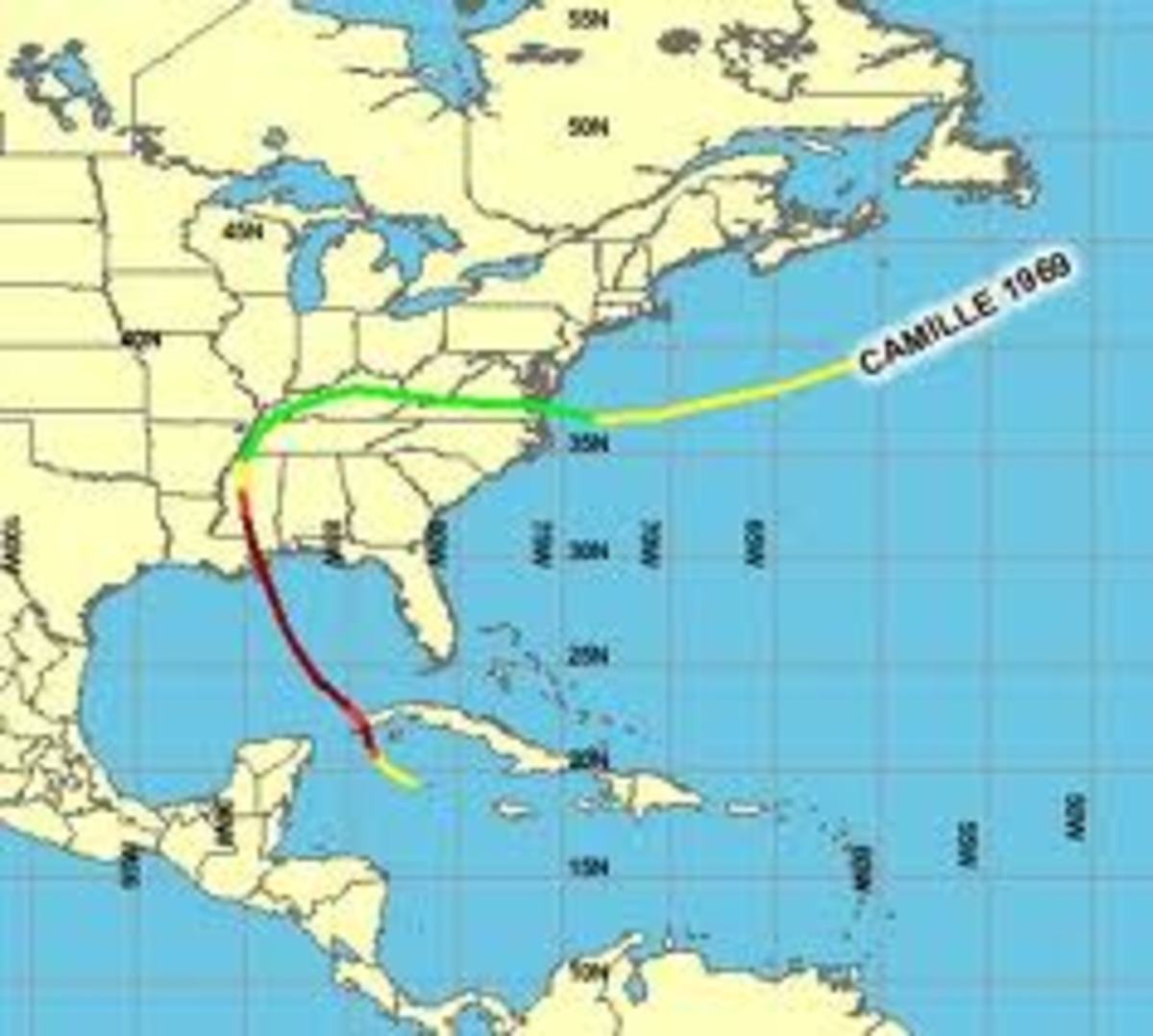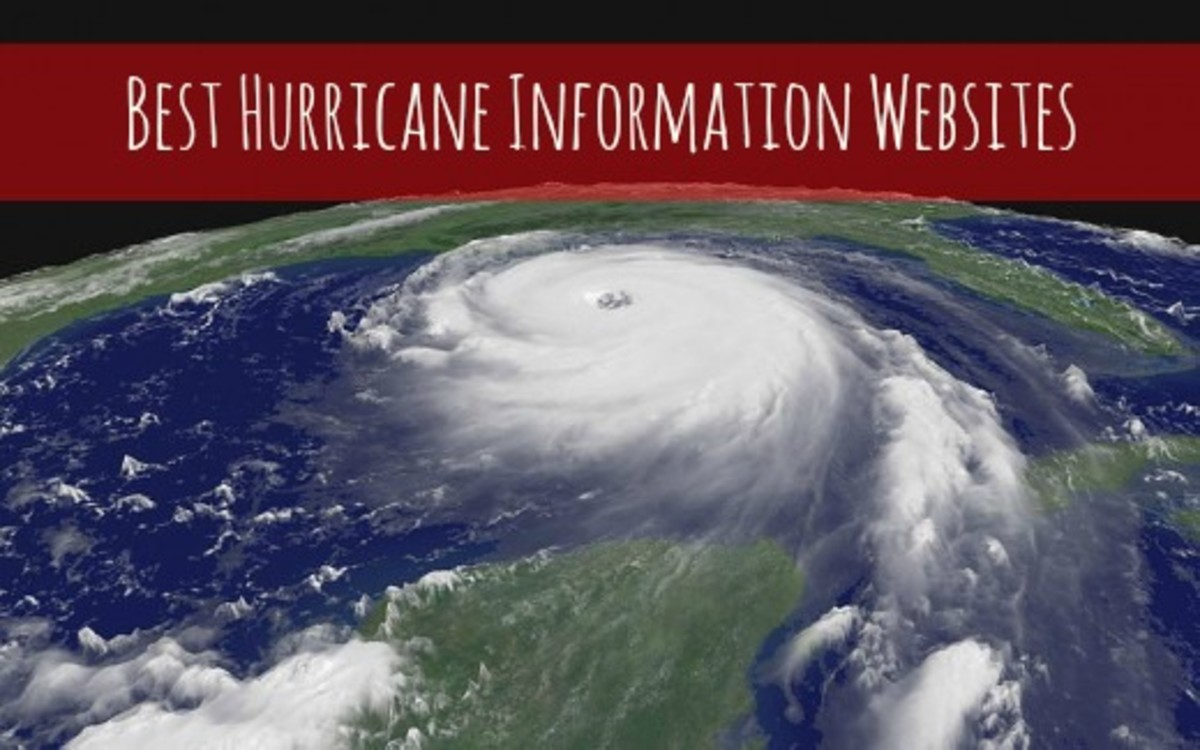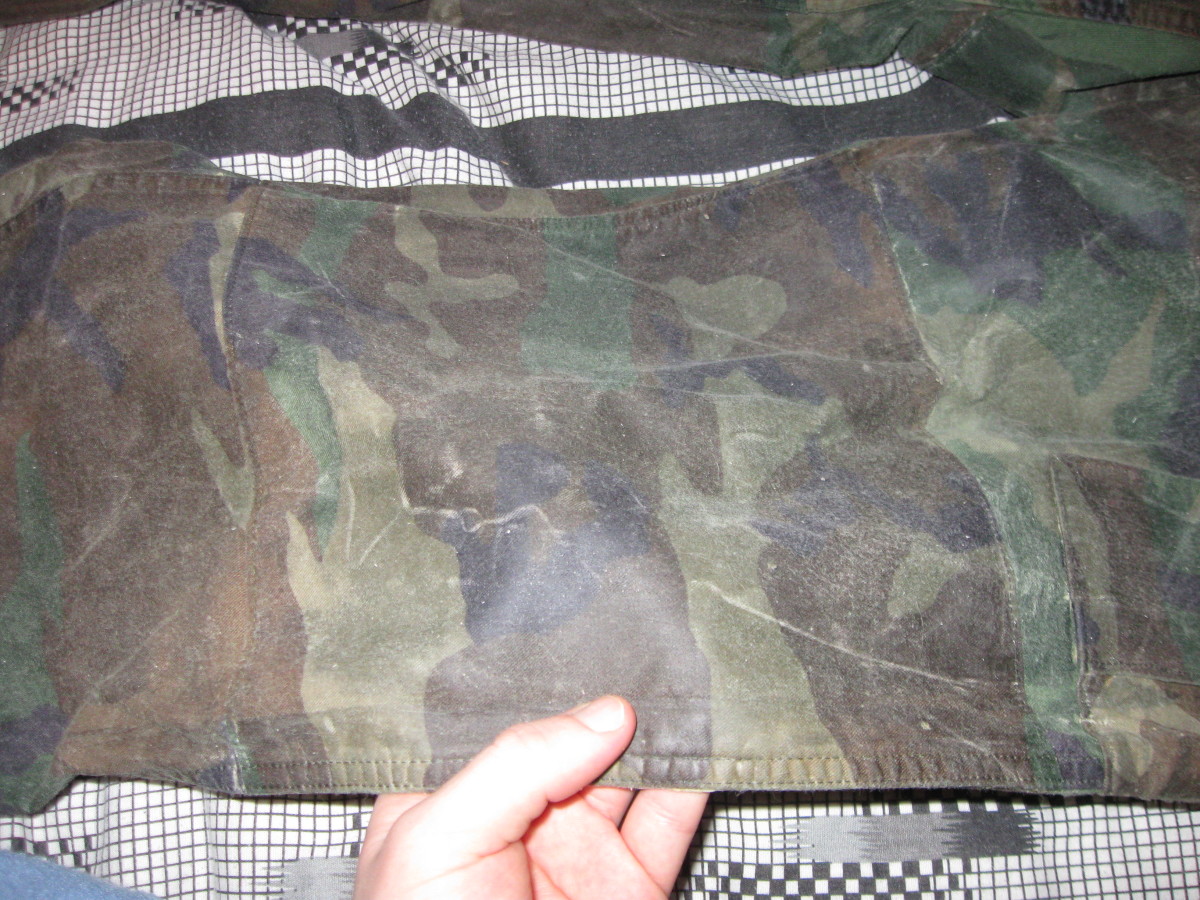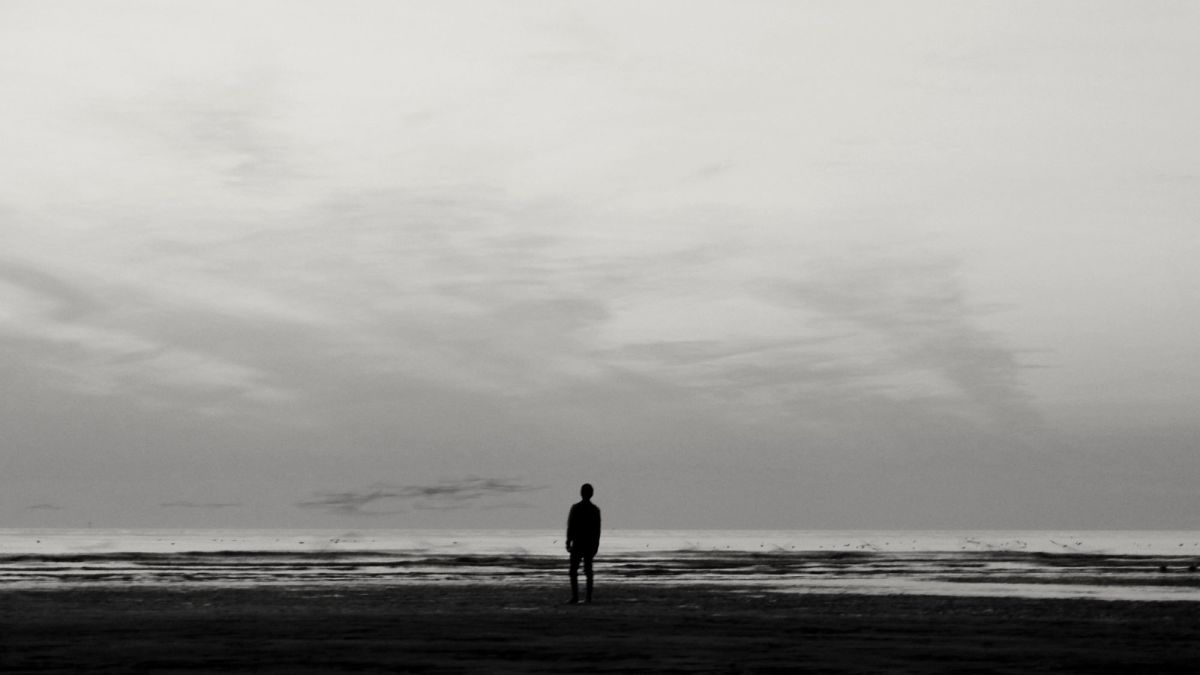Surviving a Hurricane
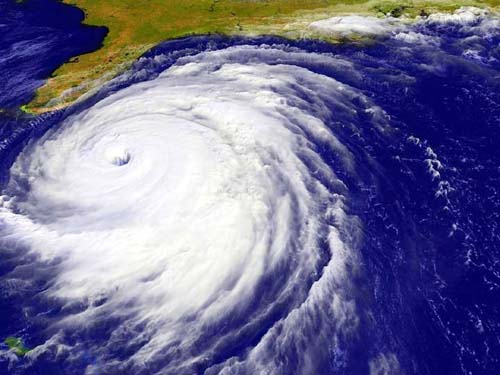
Being There
The sheer power of the wind, the force of the rain, beyond your imagination. Until you live through a hurricane, until you experience the closeness of death, you won't understand the imperatives.
Not being there is first choice.
Unless your house has withstood a Category 4, you are involved with Disaster Preparedness, or in some essential service, not being there is choice one.
Many people claim they can't leave their homes. Their homes may not stand up to the storm but make good coffins.
Many people think that a stream fifty yards away can't reach their door, and go to sleep, waking up because their bed is floating.
A hurricane, even a tropical storm, is not to be dismissed.
Gustav hit Jamaica in 2008 as a tropical storm. It dumped rain of Noachian proportions.
It took away bridges that had stood for decades, it washed cars off the road and killed people.
It was 'only' a tropical storm.
Sandy was 'only' a storm when it hit New York city in 2012. How many months after
it's arrival did the clean up go on?
And Puerto Rico?
Until you have lived through it, until you comprehend that wind can take a pencil and drive it through a tree, that rain can fill a river bed which is fifty feet deep and one hundred wide within an hour, you don't know the dangers.
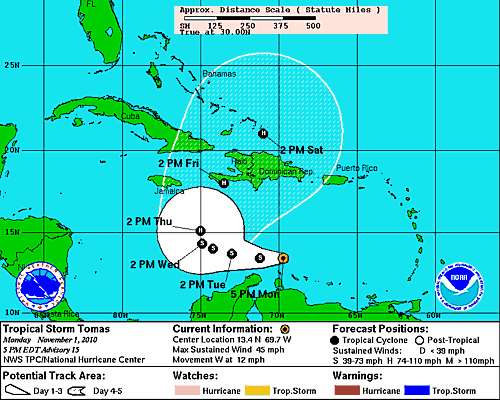
Stay or Go
The first decision is whether to stay or go. It is better to get on a bus with a suitcase and travel for 100 miles and stay in some motel than to watch your house collapse around your ears, or die.
In Cuba, unlike New Orleans, 250k people can be transported in a few hours. The government has disaster plans which prevent people from dying during a hurricane. Even in Jamaica, all public buses are commandeered by the government to evacuate people to shelters.
If your house has stood up to a hurricane before, and you can deal with the aftermath, and chose to stay, you have more to do than shut the windows.
You have to plan for two weeks without electricity and water. You have to envision living as if the calendar lost a thousand years.
What to Do
Hurricanes are huge storms lasting hours. The wind is over 75 miles per hour, and the rain comes down as if from a fire house. The seas rise, driven by the wind, and can smash concrete buildings as if they are made of paper.
If you are inside of a house, make sure every glass window is blocked. The glass will shatter. Boarding up is mandatory.
You must find a place in your home where there are no windows, where you have strong walls on either side, and a roof which will not blow off.
Zinc roofs can and do blow off. Aluminium is worthless, it tears like paper at the first wind.
Often corridors are the safest places, or bathrooms.
If you have pets, do not chain them. Animals have a fantastic survival ability. I have seen dogs find an old car to shelter under, climb hills to find caves.
Unless you and your pets are in the house together, do not think they will be safe locked into some outbuilding.
Electricity is going to go. This means that before it does you cook everything in your freezer.
Take out what you will need to eat for two days, put everything into the fridge, turn it to its highest setting, and do not open it for two days after electricity has gone.
At the end of two days, whatever was in the fridge is still good, after that, the fridge is no more than a cupboard until electricity returns.
Store water.
Always store water. You never have enough water. Every single plastic container that you use should be washed out and water stored. Having one hundred half gallons of water, may be enough for you to survive for two weeks without water.
Make sure you have candles, matches, flash lights, batteries and dry clothes.
The food you have cooked and kept for two days should be placed in a secure location.
Just before the storm hits, make sure you unplug everything and turn power off at the main. When the hurricane arrives be alert to the direction it is coming from. If you are well sealed in, the pressure inside the house may be very great, and may blow out doors and windows, hence you have to have some small aperture slightly open on the opposite side to take out the pressure.
The storm may last four or five hours. It will stop while the eye passes, then start again. During this pause you might do a quick check or repair, but get back inside.
It will begin again coming from the opposite direction. This means you will close the first aperture and open another on the other side.
After
Hurricanes define destruction. You can not predict how bad it will be; it depends on the wind, the rain, and how fast the storm moves. The faster it moves, the less destruction.
A storm moving at 20 miles per hour is less destructive than one moving at 8 miles per hour.
A Cat 3 hurricane moving across an island at over 20 miles will cause less destruction than a Tropical Storm moving at 6 miles per hour; especially when it comes to flooding. Twenty inches of rain is not unusual.
Once it has passed, be prepared for incredible destruction and a great deal of fortitude on your part.
Although it is probably forbidden in your area, your safety and health requires you get rid of all debris, and burning it will be far safer than cholera.
Burn or bury all dead animal. Make sure there is no standing water anywhere. A sink in a piece of linoleum might hold an inch of water, but that's a fine maternity clinic for mosquitos.
Oil all standing water. You can use cooking oil.. This prevents mosquito larvae from adhering to the sides of the container.
Since you will have no electricity you will resort to fire. Never leave a candle burning at night. Ever. Never leave fire unattended ever.
If you are cooking outside on an open fire, make sure you pack it around with stones and there is nothing within two feet of it.
If your house is damaged you have to leave it unless there are habitable rooms. Many people turn into scavengers and will raid houses. If you have valuables, take them and leave. Or stay and be prepared to defend them.
Try to get your area cleaned up as quickly as possible. It will do a lot for your stress levels.
If you have run out of water and must collect from other sources, even from the main, put the water in a plastic container with two drops of bleach and let sit for thirty minutes. This will purify the water.
If you are bathing with unknown water, put listerine into the water to kill the germs.
When it comes to food, you need lots of tinned things and non spoilables that you can eat as is where is.


